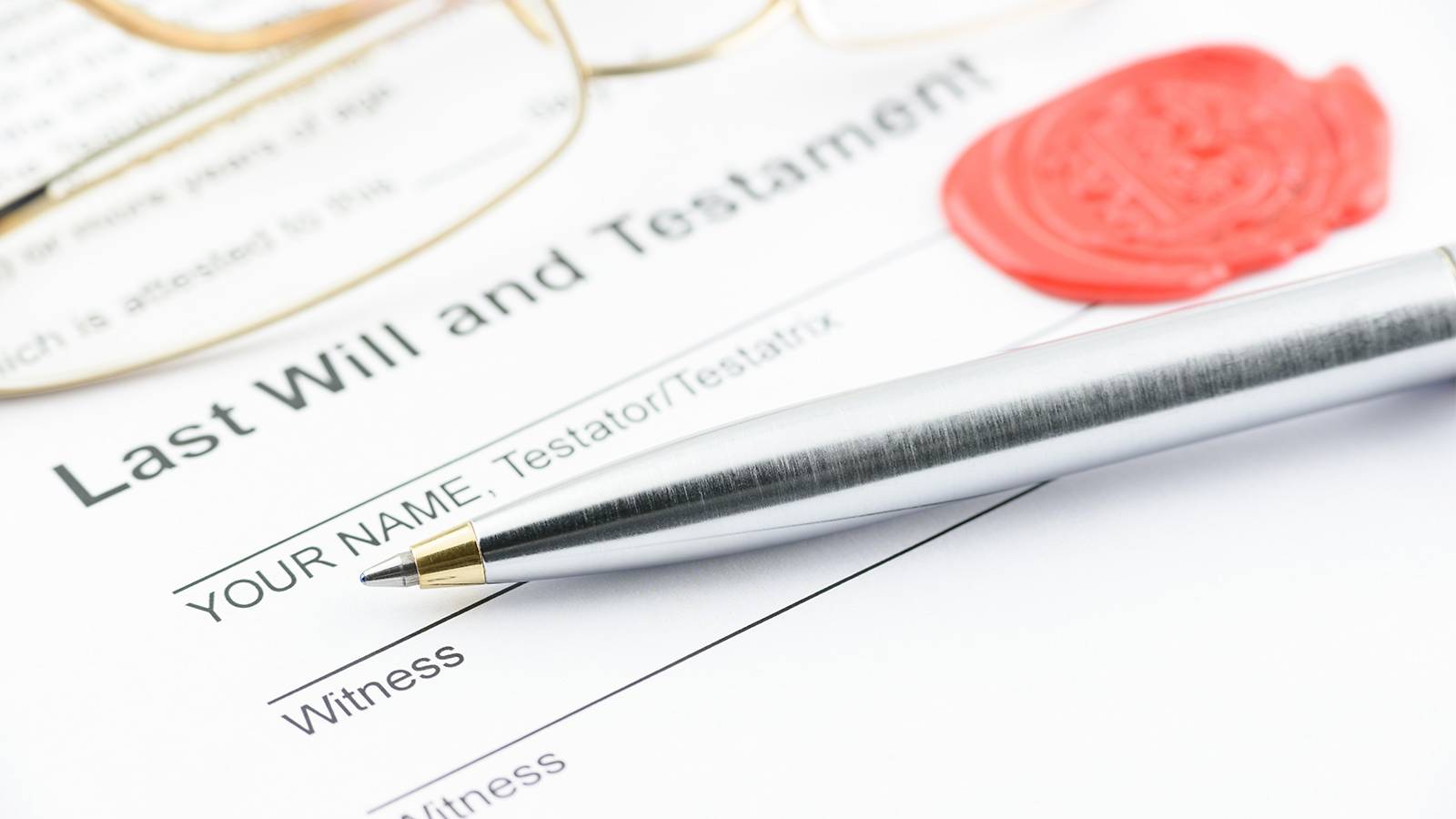What parents need to know about drawing up a will to ensure that their children are well looked after…

As a young parent, you’re busy handling dirty diapers, making sure mouths are fed, and ensuring your household runs smoothly. So, the last thing you’ want to think about is death.
But there’s good reason to look into what happens after you’re gone. What happens to your assets, and who will care for your children if you do pass on suddenly?
“If there is no will, then the laws of intestacy in Singapore will apply ― these rules are very rigid,” notes Ang Kim Lan, managing director of Goodwins Law Corporation.
Under these laws, or the Intestate Succession Act, the distribution of the deceased person’s estate has to follow certain rules. If the deceased:
· Leaves behind a surviving spouse but no children and no surviving parents The gets the entire estate.
· Leaves behind a surviving spouse and children ― the spouse is entitled to half the estate. The remaining half is to be equally divided among the children.
· Leaves behind children but no surviving spouse or parents ― the children will be entitled to the estate in equal portions.
· Leaves behind a surviving spouse and surviving parents, but no children ― the spouse will be entitled to half the estate, and the parents to the other half.
However, the rigid system can frustrate the deceased’s loved ones. So, a will can prevent family disputes from arising, which is what happens when no wills are made out.
Writing a will can also help remove any complications in administration, and reduce potential financial costs.
As a parent you want to ensure that your children will be taken care of should you pass on before they do.
“For instance, young children, under intestacy, may inherit part of a property, but because they are below 21 years old, any transaction involving the property will need a court order,” Ang explains. “This will be time-consuming and costly. If you have a will, you can decide who should inherit the property, and/or in what proportion.”
You will also be able to decide on who the executor is ― the person who will carry out the wishes in your will.
Parents should also appoint a trustee to manage your assets, until your child is an adult.
More crucial, in most parents’ eyes, is the issue of guardianship. As a parent you want to ensure that your children will be taken care of should you pass on before they do.
With a will, you get to choose who should be your young children’s guardian. “You should choose someone who shares the same values, or even the same religion. You do not want your savings wiped out quickly by someone who is bad with money, leaving your children penniless,” says Ang.

How do you make a will in Singapore?
The first thing you’ll need to do is to list down all your assets and liabilities. Your assets should include any sums of money, as well as certain items of sentiment, such as antiques and paintings, family heirlooms and luxury watches. For your liabilities, you may want to detail instructions on the order of how to pay them off.
Decide who your beneficiaries will be. This may include your spouse, your children and your parents. Decide how you would like your assets to be distributed among them. If you have children under the age of 21 as your beneficiaries, you’ll need to have at least two executors.
Also, decide who should get the “residuary estate” ― the bulk of the estate that may include properties you own. But note that joint tenancy properties cannot be included. These will be passed to the surviving owner of the property after one’s passing.
If you have children, decide who should be their guardian. Some people also indicate the choice of funeral arrangements in their will, whether they want to be cremated, or buried, Ang adds.
“An issue normally faced by young families is when the whole family perishes in a common disaster, like an airplane crash or a tsunami.”
There are certain circumstances that you may want to consider, too. “An issue normally faced by young families is when the whole family perishes in a common disaster, like an airplane crash or a tsunami,” says Ang.
In this case, it then becomes important and contentious whether the estate goes to the man’s family, or wife’s family, and this should be carefully considered when drawing up the will.
Updating a will
Most people review their wills every three to five years, Ang says. And it should be updated every time there is a life-changing event, such as the birth of a child, or a divorce.
It’s also important to note that marriage renders a past will invalid. Under the Wills Act of Singapore, the newly married spouse is entitled to a share of his or her spouse’s estate in the event of death.
While divorce does not revoke an earlier will, remarriage does.
Authenticating the will
To verify the contents, two people need to witness you signing the document at the same time. You can’t ask your spouse nor your beneficiaries to act as witnessed.
You can draw up a DIY document, Ang says, but you might want to consult a lawyer who can prepare a legally-binding version. This usually costs $350 and up.
You can lodge your will’s details with the Will’s Registry for $50. This is not compulsory as the registry does not keep the actual will ― instead, it has information that can help a person or his family locate his will.
Photos: iStock
Like us on Facebook and check SmartParents regularly for the latest reads!
Check these stories out, too…
The Dos and Don’ts of nurturing a nest egg
DAD SAYS Tap into govt schemes to lighten your parenting load

